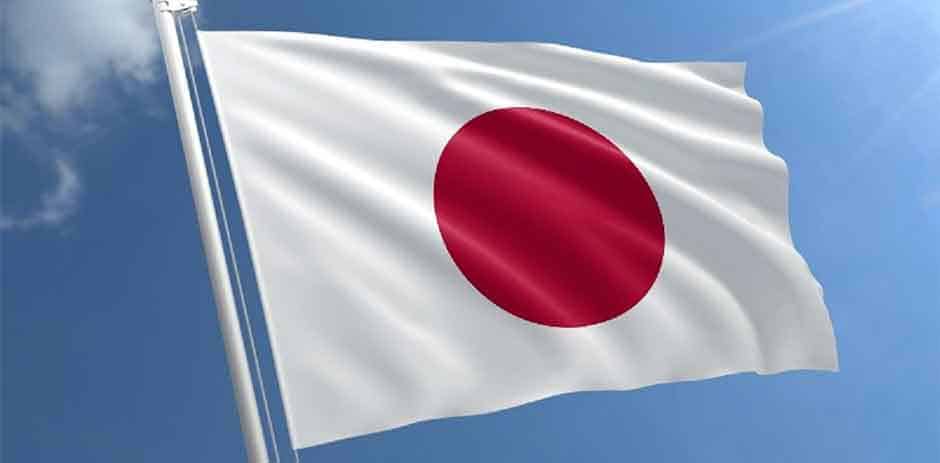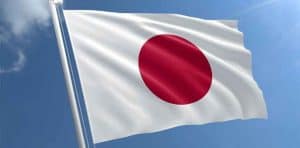Join Our Telegram channel to stay up to date on breaking news coverage
Commencing June, financial institutions in Japan will have to comply with stringent AML rules. These measures are aimed at enhancing transparency and mitigating illicit activities. This will have a significant impact on the regulatory landscape of the Japanese crypto market.
Strengthening AML Compliance In Japan’s Crypto Sector
According to a local media outlet, Kyodo News, the move aims to bring Japan’s legal framework in line with global crypto regulations. Japan has taken a decisive step towards bolstering its anti-money laundering (AML) efforts in cryptocurrency.
However, the decision to enhance AML procedures follows the revision of legislation in December after it was deemed insufficient by the international financial watchdog, the Financial Action Task Force (FATF)
However, one notable feature of the new measures is implementing the “travel rule.” The standard is designed to facilitate better tracking of illicit funds. Under this rule, any financial institution processing a crypto transfer more significant than $3,000 must pass on customer information to the recipient exchange or institution. The data should include the name and address of the sender, recipient and account information.
Noteworthy, the significance of the Travel Rule gained further recognition during the G7 meeting held in Japan in mid-May. The Global leaders at the summit, through the G7 meeting, expressed their support for the travel rule in the crypto transaction. The committee affirmed its backing for FATF’s initiatives in establishing revved global standards for cryptocurrencies, emphasizing the travel rule’s importance. Additionally, it acknowledged the need to address emerging risks from decentralized finance (DeFi) arrangements and peer-to-peer transactions.
“G7 countries should lead by example and regulate the crypto sector so that no safe havens exist for illicit crypto transactions”#FATF President T. Raja Kumar´s message to #G7 leaders ahead of the summit in Japan
Read article: https://t.co/l1OTdjGgLY
📑: https://t.co/GqHhVwoqY9 pic.twitter.com/uDurg1QSDu— FATF (@FATFNews) May 18, 2023
Other measures include stricter know-your-customer (KYC) requirements, transaction monitoring, and reporting obligations for cryptocurrency exchanges and service providers. By enforcing robust AML regulations, Japan aims to safeguard its financial system and foster trust in the crypto industry.
Understanding Crypto Regulation In Japan
However, Japan has positioned itself as a cryptocurrency-regulation pioneer by legalizing digital assets as property. The country’s regulatory framework concerning cryptocurrencies, is among the most strict globally. This comes as Financial Service Agency (FSA) tightened rules following the major hacks of the exchanges, including Mt.Gox and Coincheck.
Notably, the FSA has various measures for exchanges to protect customers, including separate company and customer assets holdings, with holdings certified in annual audits. Nonetheless, investors can borrow up to twice their investment for leveraged trades on crypto exchanges. Nevertheless, licensed crypto platforms must hold at least 95% of users’ funds in cold wallets.
It is worth noting that with Japan’s decision to enforce stringent standards for cryptocurrency transactions, the country is taking another step in aligning its regulatory framework with global measures.
Related News:
- North Korea Hacking Group Has Stolen $721 Million From Japan
- Plans of Digital Yen Apparent; Japan Plans on Forming an Expert Panel For Development
- FTX Japan To Allow Withdrawals – Why Only Japan?
- Japan Is Set to Launch Digital Yen (CBDC) Pilot in April
- BitPay Reveals The Integration Of Brave Wallet To Its Payment Protocol
Join Our Telegram channel to stay up to date on breaking news coverage


